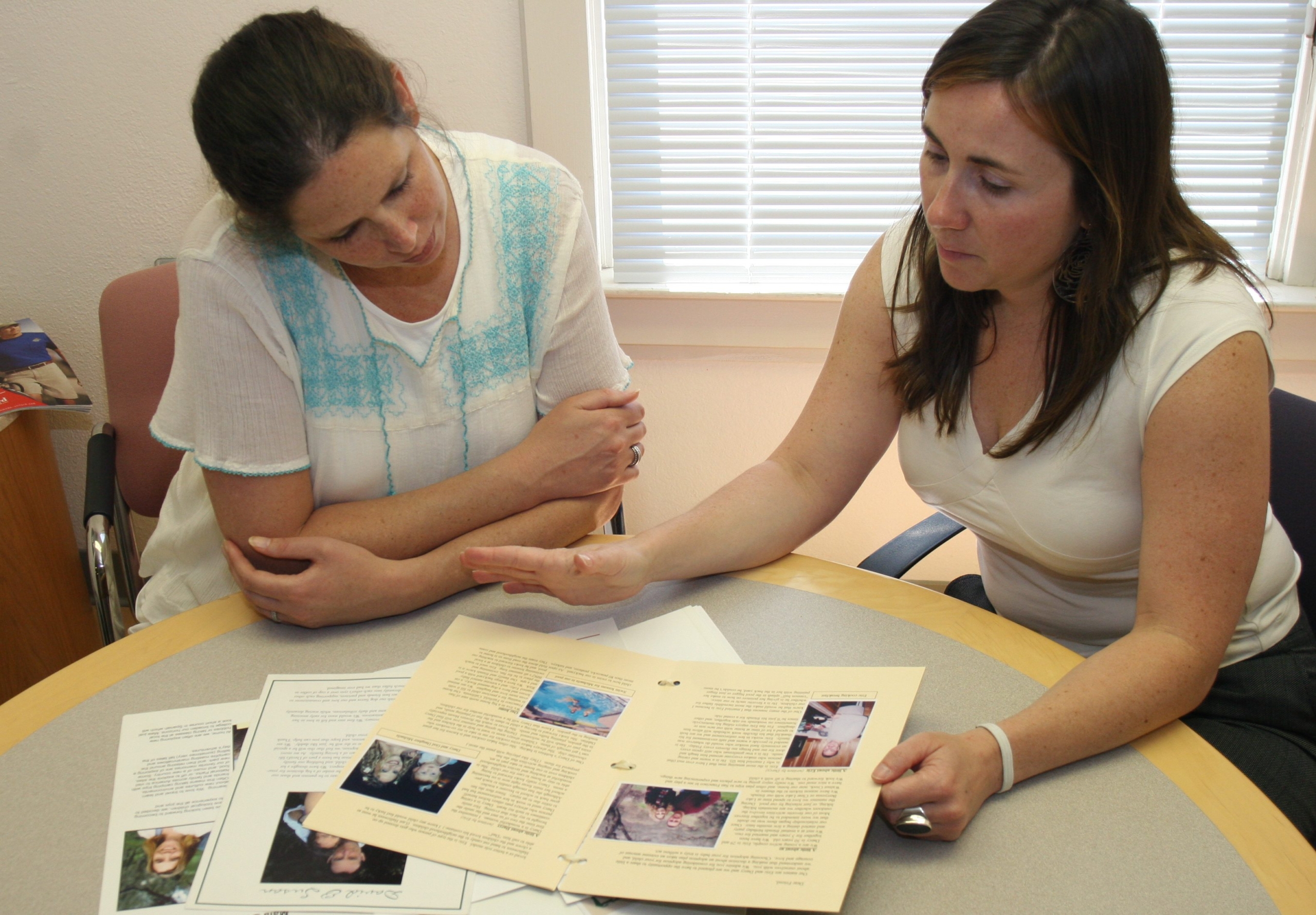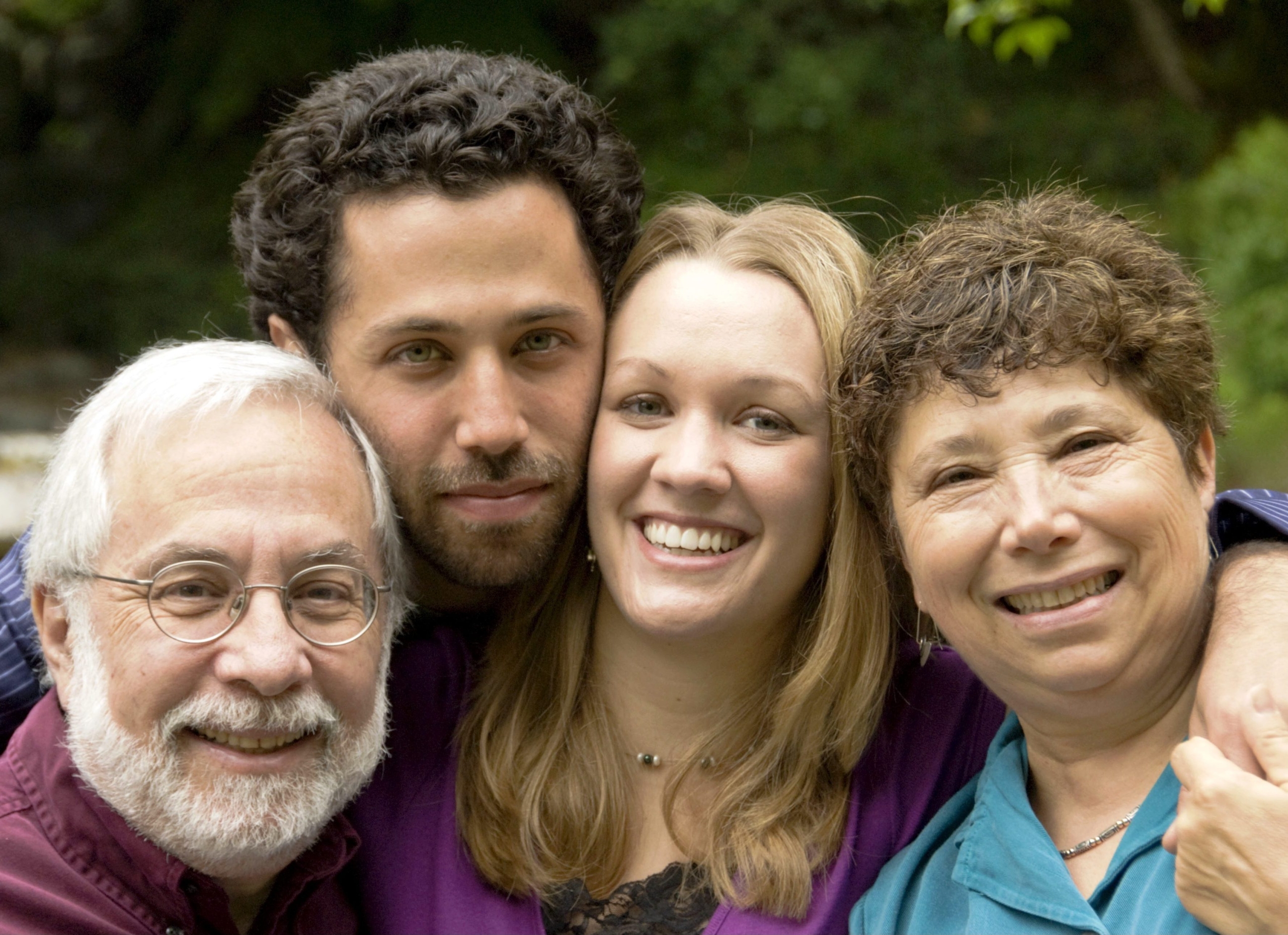Adoption begins with a desire to be a parent. Many feel parenthood is the natural next step after finding their partner, getting married, establishing a career, or all of the above. Perhaps as a child you imagined holding and feeding your baby, or pictured yourself tossing a baseball in the backyard.
Yet for some, the journey to parenthood isn’t straightforward. If you’re deciding whether adoption is the right path for you, here are key things to reflect on.
Understanding Your Motivation
It may seem obvious, but it’s essential to understand why you’re considering adoption and how your feelings might evolve over time. If you’re in a couple, talk openly about where each of you is coming from. Avoid assumptions about what your partner is thinking or feeling.
Many come to adoption because they are unable to conceive a biological child. Some might avoid pregnancy due to physical or mental health issues. Others choose adoption because they feel called to make a home for a child who cannot stay with their birth family.
It is important to avoid thinking that you are “saving” a child. This belief can place an undue burden on the child to be grateful for circumstances beyond their control. While adoption from foster care may provide a child with a permanent family—or give a child with significant health needs a loving home—in the broader private domestic adoption world, there are often more prospective parents than infants available for adoption.
Approach adoption the same way you would with a biological child, free of expectations about how they will turn out. Each child, whether biologically related to you or not, comes with their own unique personality, tendencies, and genetic qualities over which you have no control.
Grieving Infertility and the Loss of a Biological Connection
Many professionals will say that readiness includes having grieved your infertility. And yes, it is absolutely essential to address feelings of grief. Give yourself space and time to see a path without a biological child with clarity and hope. However, the idea that your grief must be “over” might lead to some unhappy surprises down the road.
You may always grieve this loss, just as all loss in life can leave lingering marks in us. You are ready when you acknowledge your grief, accept it may always be there, and see adoption as not a way to make things “right,” but a way to move forward, grow your family and expand your heart.
Take some time to explore your feelings about not having a biological connection with your child. This may be easy for some, but important to consider. If you are in a partnership, you know the feeling of bonding and commitment you feel for your spouse or partner, which has nothing to do with genetic connection.
Patience for the Process
If you’ve already experienced a lack of control over when or how you become a parent, adoption can test your patience further. The process can be lengthy and detailed—paperwork, fingerprinting, interviews, training, and more. It may feel unfair that these steps aren’t required of biological parents, but they exist to protect your future child.
Every safeguard, form, background check, and training session is in place to ensure children are placed in safe, loving, and well-prepared homes.
Patience is also essential when it comes to timing. You won’t know in advance when you’ll be matched, who the birth mother will be, or what relationship you may have with her. Even after a match, there’s always the possibility she may change her mind. It’s a risk to your time, finances, and heart. Protect yourself emotionally while remembering that this is the most significant decision she will ever make.
Relationships with Birth Family
Adoption is not only a path to parenthood—it’s also an embrace of an extended family. Your adopted child will come with a biological history, and in many cases, biological relatives will be part of your life in some way.
In open adoptions, this connection offers more than just medical history; it provides an opportunity for your child to build relationships within their biological family when possible. With healthy boundaries, these ties can be as meaningful and stabilizing as relationships with your own extended family. They can strengthen your child’s sense of identity and self-worth.
Note: While open adoption is increasingly the norm, some birth mothers choose to share only limited information or have no contact after placement.
Your Support Network
Who do you have on your team? Many adoptive parents take time to consider the role family and friends will play when a child joins their lives. You’ll want a supportive community, for your sake and your child’s.
If you feel your network could be stronger, now is the time to nurture those connections. Be open to professional help, too. Some find it helpful to establish a relationship with an adoption-competent therapist during the adoption process to help with coping through the wait and preparation, and then adjusting after placement of their child.
A Leap of Faith
There’s no perfect parent and no perfect path to parenthood. As you weigh whether adoption is right for you, give yourself grace for your imperfections and take comfort in the resources available.
Adoption isn’t for everyone. It comes with risks and challenges alongside joy and love. In many ways, it’s a leap of faith—just like so many of life’s most meaningful journeys.
Kira Olson
Adoption Coordinator



